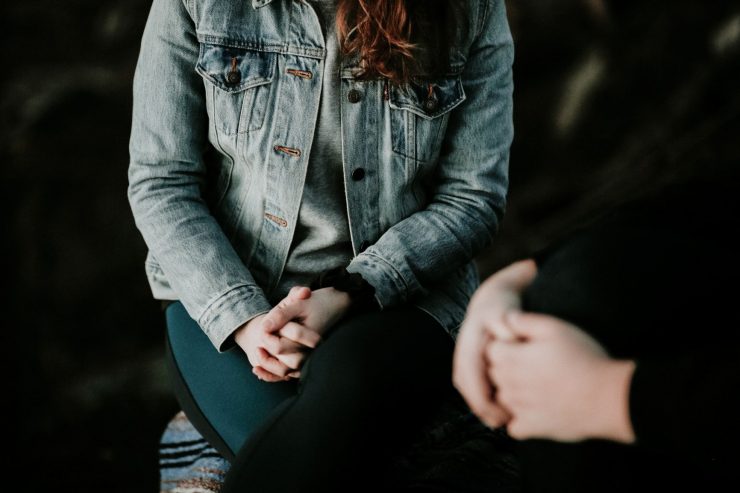Have you heard the call to chaplaincy?
Have you ever thought about becoming a chaplain? Are you a good listener? Do you have a heart for meeting people where they are, no matter how difficult that place might be, and helping them to find a way back?
Maybe you’ve thought you’d love to be a chaplain but don’t think you’re wise enough or holy enough. No one is – and if they think they are, they’re probably not going to be a great chaplain.
A very special role
Chaplaincy is a very special role. It’s about listening, being watchful and sensitive to other people’s feelings and situations. And it’s about seeing the presence of God, even when it’s late at night, the young person you are dealing with is drunk, bank card lost, phone out of charge and would really rather you weren’t there.
There are so many places where chaplains are present from the obvious to the obscure. From hospitals, the police, and our armed forces to our city streets late at night, music festivals, lifeboats, fishing boats, rural farms, cattle-markets. As Chris Batt, chaplain to farmers said, “The nature of (famer’s) work and life style often means they have few people to share a pint with, never mind their worries.” In these Covid times, sharing even a cup of tea has been off limits.
Normalising the role of chaplaincy in very un-normal times
It’s a gross understatement to say that the pandemic has brought its challenges, but in some ways it has normalised the position of chaplain in society as many more people have reached out to try to make sense of what has been happening. It has been invaluable for so many who are going through incredibly tough times to be able to talk and feel heard. From losing loved ones to not being able to visit them in crisis moments when all they want is not to feel alone. From the fear of feeling abandoned in a care home to the fear that a loved one feels abandoned. From losing a job, dramatically reduced income and relying on Foodbanks to dealing with the fear that that those are the next steps.
Chaplains are there for those going through these life-changing crises, including those on the other side. The doctors and nurses who have to hold phones up to dying patients to let them know that they are loved, the employer whose books can no longer be balanced and has to let go of precious employees, the police who have to enforce lockdown restrictions.
The demands on chaplains are set to increase as the economic fallout from the pandemic bites harder. People will be in need of hope, encouragement and the reassurance that they are not alone. Chaplains will be needed within organisations that help with re-training, back to work and confidence building programmes in job centres and colleges.
A willingness to be boots on the ground
“What better way to do something than in that very special and privileged place where people who could be struggling will accept an authentic offer of help,” says Chris Batt
“What better way to do something than in that very special and privileged place where people who could be struggling will accept an authentic offer of help,” says Chris Batt. It’s not just the authenticity that marks out chaplains, but their willingness to be on the ground, out in the spaces and places that people are.
“It’s about not judging, but meeting people where they are, even in the mess, and rolling up your sleeves to do whatever practical is necessary to help,” says Revd Amanda Evans.
Revd Amanda donned a high-viz jacket to become an ‘Angel’ at Cornwall’s huge Boardmaster’s music festival, one of the many collective experiences currently withheld from our young people.
Revd Elly Sheard, chaplain to almost 5000 students at Truro College, believes that being a chaplain means sharing a Christian ethos, rather than a Christian message. “I don’t tell young people what they should believe, that’s up to them to make their own minds up. I have no problem telling them my beliefs, but what I really want them to take away is the truth that God is interested in them, but not in a judgemental way.” A vital message at a time when so many reports reveal the unhappiness of our young.
“I don’t tell young people what they should believe, that’s up to them to make their own minds up. I have no problem telling them my beliefs, but what I really want them to take away is the truth that God is interested in them, but not in a judgemental way.” Elly Sheard, chaplain to Truro College
Police chaplaincy recruiting
The Police Chaplaincy in Devon are currently recruiting. The role is diverse requiring practical and spiritual care to officers, staff and their families; a bridge between faith and operational issues, linking with communities and responding to major and critical incidents by supporting emergency services and assisting community recovery. Full details of the post are here.
If you feel called to the frontline of chaplaincy, to come alongside people and help them to know they are not alone on their journey, contacting Revd Jane Vaughan-Wilson is a good place to start.

